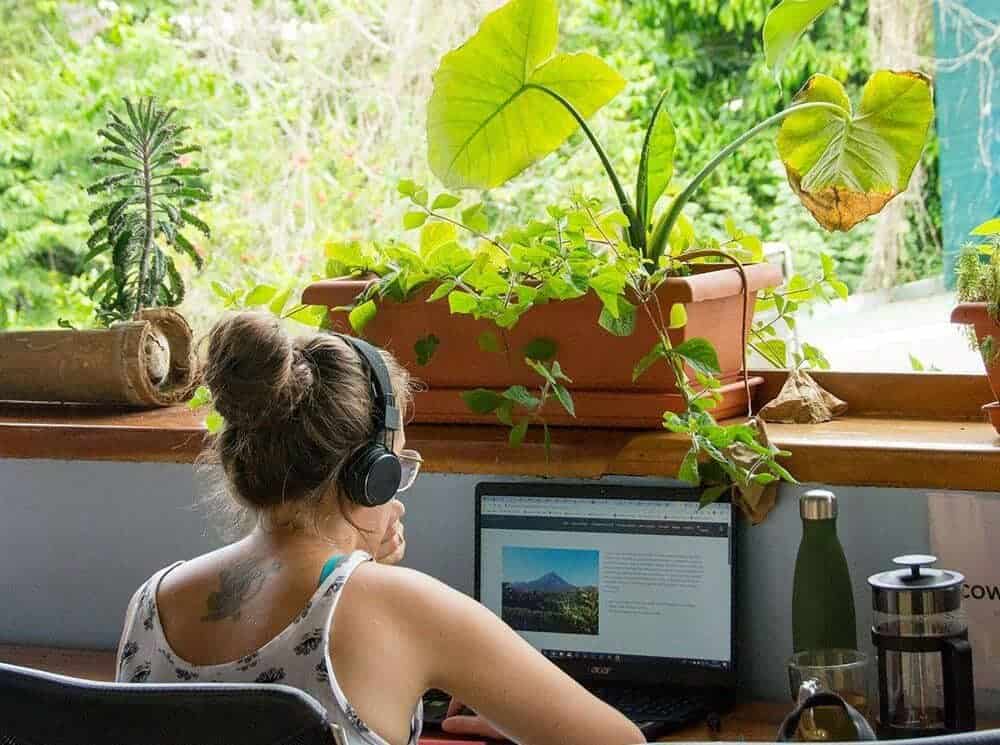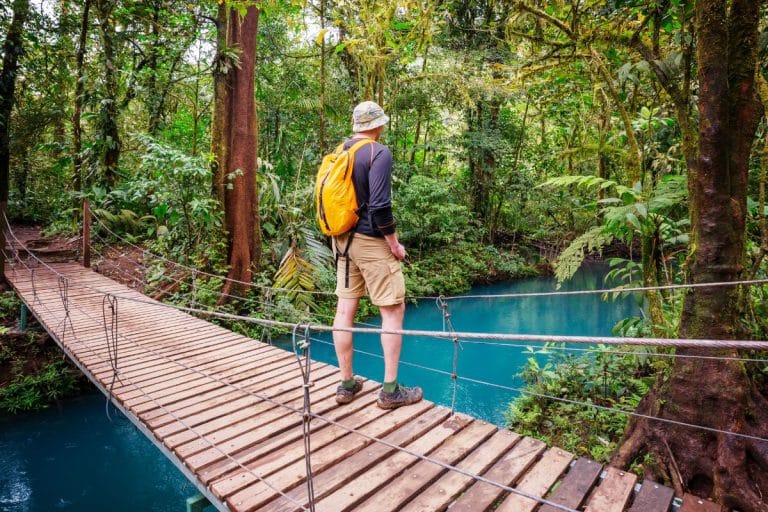Countries all over the world are working on measures to convince visitors to become digital nomads. Costa Rica is one of the countries developing methods to persuade tourists to stay longer than they would.
According to Costa Rican Tourism Minister William Rodriguez, digital nomad visa holders may enter the country for up to three months and then extend their stay for up to two years.
They can set up a local bank account, are not subject to income taxes, can use their home country’s driver’s license and do not have to pay import taxes on computers and other equipment used for remote work.
The director of the international program at the independent think tank Migration Policy Institute, Meghan Benton, contends that governments do not yet have a clear idea of who will become a digital nomad.
She noted, “It’s quite baffling how little people know about the profile of their digital nomads,” she said.

“We know the digital nomad didn’t spontaneously appear after the pandemic,” said Costa Rica Tourism Board Director of Marketing Carolina Trejos. “It already existed. We just didn’t recognize it.”
According to Benton, countries are trying to figure out whether the predominant profile of the digital nomad is that of the transient remote worker who travels to the countries that offer the best economic deals or that of the tourist who, after visiting, falls in love with the destination and decides to stay and work there for a long time.
The former is more common today than before the pandemic.
Tourism authorities in Costa Rica believe that visas for digital nomads are being obtained by returning visitors. Carolina Trejos of Costa Rica’s tourism office explained, “We do not have numbers yet, but we suspect that the main market for us for digital nomads are those who have already visited Costa Rica.
Prior to the pandemic, travelers frequently included Costa Rica as one of several stops on their round trips through Latin America. According to Minister Rodriguez, visitors now stay longer in Costa Rica (14 days on average), return frequently, and see more of the country and its people.
The destination wants to gather information to refine its marketing strategy by introducing a separate visa category for digital nomads.
“What’s your occupation? What do you work for? We can know what state you are coming from. What industry are you coming from?” said Trejos. “As soon as we have a little more information, we can be more specific on how we can promote that (the digital nomad visa).”

